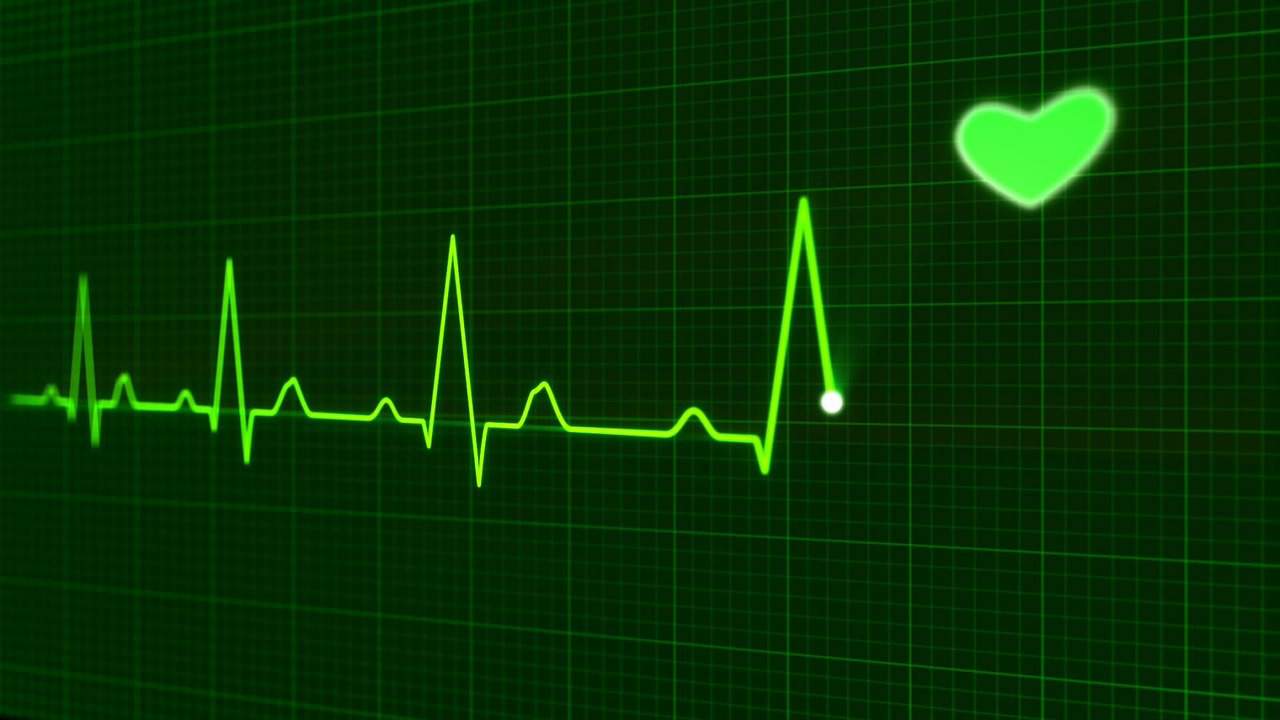If you have coronary artery disease, is it safe for you to be taking testosterone replacement therapy? This is a question on the minds of some men and perhaps should be on the minds of even more.
Why? Because there still seems to be question as to the safety of testosterone use and coronary artery disease.
TRT Study Results
Use of testosterone replacement therapy (TRT) has been and continues to be controversial, partly because its off-label use may be associated with an increased risk of cardiovascular disease, including heart disease and stroke. This topic was the subject of a recent study appearing in JAMA Internal Medicine, in which the authors noted that use of testosterone among men with coronary artery disease remains higher than in men who don’t have this heart disease, despite warnings about the cardiovascular risks associated with the hormone treatment.
In the study, the reviewers evaluated information from cohorts ranging from 1.8 to 3.1 million men from 2007 to 2016. They discovered that among men taking testosterone, those who were using the hormone as prescribed (i.e., on-label prescription) was lower than those using the hormone without a prescription (i.e., off label). In addition, off-label use among men with coronary artery disease was 3.2 percent while it was 2.4 percent among those without CAD.
Why is this finding important?
Heart disease is the number one killer of men in the United States and a significant cause of death throughout the world.
Efforts to find ways to reduce the impact of cardiovascular disease risk factors is one key way to help reduce this statistic. More men and their healthcare providers need to be aware of the serious dangers associated with the use of testosterone therapy overall and especially among men who have coronary artery disease or other cardiovascular conditions.
When to Use TRT
That’s not to say that testosterone replacement therapy is dangerous for all men. However, its use should be reserved for men who have been diagnosed with hypogonadism, which is a disease characterized by an inability of the body to produce normal amounts of testosterone because there is a problem with the pituitary gland or testicles.
Testosterone replacement has not been approved by the Food and Drug Administration for anti-aging, which is a popular reason the hormone is used off-label. Therefore, men who want to try TRT for reasons other than diagnosed hypogonadism should discuss the pros and cons with a knowledgeable healthcare provider before they decide to use this therapy.
References
Morden NE et al. Trends in testosterone prescribing for age-related hypogonadism in men with and without heart disease. JAMA Internal Medicine 2018 Dec 28 published online
Rubenfire M. Testosterone and cardiovascular disease. The American College of Cardiology 2016 Feb 1
